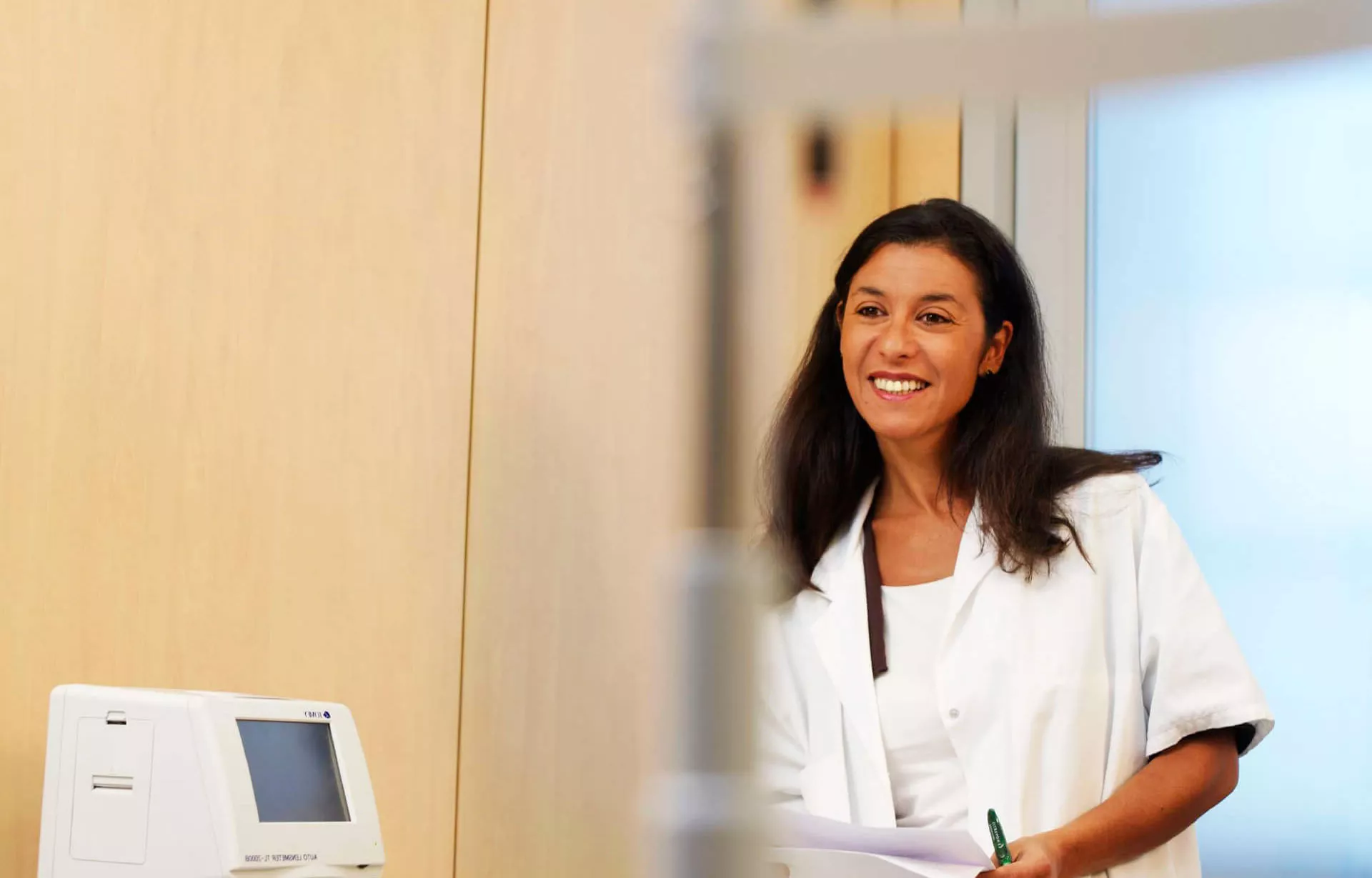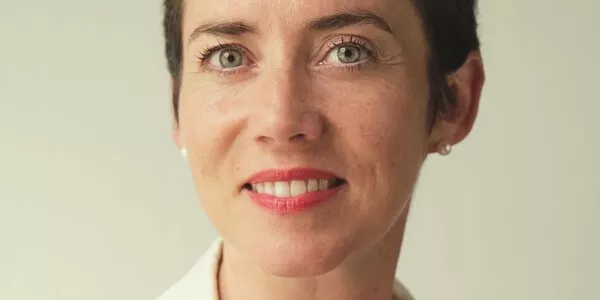
Sylvie Chokron: Giving is healthy, and it’s scientifically proven!
Sylvie Chokron, neuro-psychologist and research director at the CNRS.
She is the author of Une journée dans le cerveau d’Anna, éditions Eyrolles, 2020.
For twenty years, researchers have been looking for the precise mechanism underpinning altruism. Sylvie Chokron, neuro-psychologist and director of research at the CNRS1, explains why human beings are empathetic and the beneficial effects generosity has on our brain.
Has empathy always existed in humans?
Throughout evolution, the ability to help each other has enabled humans to survive. Only cooperation and mutual aid make it possible, for example, to build dwellings in an inhospitable environment or even to hunt large prey. These prosocial2 behaviours are very much in the interest of the human species which has made it possible to perpetuate empathetic, behavioural characteristics. However, science also shows that each time a behaviour is perpetuated, it is because it is associated with pleasure in our brain, such as for food or reproduction!
What mechanism does the altruistic act trigger in the brain?
Giving money, time or even helping others releases dopamine in the brain, in the same way as when something makes us happy: laughing, listening to music, eating chocolate... We talk about the “circuit of reward” which is activated systematically, whatever the nature or the cost of the gift . This circuit is activated most strongly when giving rather than when receiving. Human beings seem to be programmed to receive more pleasure through altruism than through acquisition.
Aside from dopamine, does being generous produce any longer-term eff ects on the body?
Science is now able to prove that doing good makes us feel good. On the physiological level, altruism acts on the cardiovascular system, longevity and the immune system. The effects are also beneficial at the cognitive level, with an impact on attention, reasoning, the ability to solve problems or even on creativity and memory. Finally, from a psychological point of view, altruism leads to an improvement in mood and positive feelings overall. There is also a reduction in risky behaviour and suicidal tendencies amongst adolescents engaged in altruistic actions.
How does altruism change with age?
Babies prefer, from 3 months, to look at characters who help each other rather than characters who bicker. From early on, there is a natural helping behaviour in babies, with no expectation of reward. Thus, at 20 months, a child will even stop helping someone if they receive a reward, disconcerted by the fact that their spontaneous generosity deserves a gift ! In young children, help is therefore quite natural, spontaneous and purely altruistic. The child’s reward is no doubt ultimately constituted by the simple activation of the “reward circuit” in their brain following a good deed and the very positive, rewarding look they receive from adults. As we grow up, this natural behaviour unfortunately tends to get lost. Between the ages of 2 and 6, the child imitates helping behaviours within the family, identifying particularly with parents of the same sex, then at around 9 years old this helping behaviour declines to be at its lowest between the ages of 13 and 15 before rising again in young adults. However, while most babies are naturally altruistic, not all adults will be...
Altruism acts on the cardiovascular system, longevity and the immune system.
Can we act on this natural tendency to altruism so that it lasts over time?
Maintaining and developing this natural tendency to gratitude and generosity in children, at school, at university or in business is a crucial issue. How can we inscribe altruistic behaviour in humans over the long term? This might involve valuing the child without material reward, recalling the importance of the parental model on this particular behavioural dimension, or getting people to think about how other people can inhibit altruistic behaviour, especially in adolescence. In North America as in Europe, researchers have developed altruism-based education programmes in schools. Through roleplaying and situational games, they have demonstrated that it is possible to increase altruistic behaviour. In France, the School of Philanthropy is currently piloting philanthropy awareness programmes in middle school classes, for children from all social backgrounds. Schoolchildren choose a cause and help an association of their choice for one year. As a researcher, I study what happens before and aft er these philanthropic initiatives in terms of self-esteem and cognitive processes. The results should make it possible, I hope, to demonstrate that educating children about philanthropy also makes it possible to develop, beyond certain specifi c prosocial behaviours, additional capacities in children, such as increased well-being, language, memory and cognitive ability.
What new fields of research are there on prosocial behaviours?
Current studies are now exploring the link between altruism and cognition more closely with a central question in mind: could promoting altruism develop cognitive processes? The prospects are very exciting and could offer, for example, solutions for children with learning difficulties.
By Croisine Martin-Roland, head of philanthropic services, Societe Generale Private Banking France.
1 Centre national de la recherche scientifique
2 Prosocial behaviours are voluntary acts, directed towards others with the aim of benefiting them or improving their well-being, such as sharing, mutual aid, comfort, etc.




